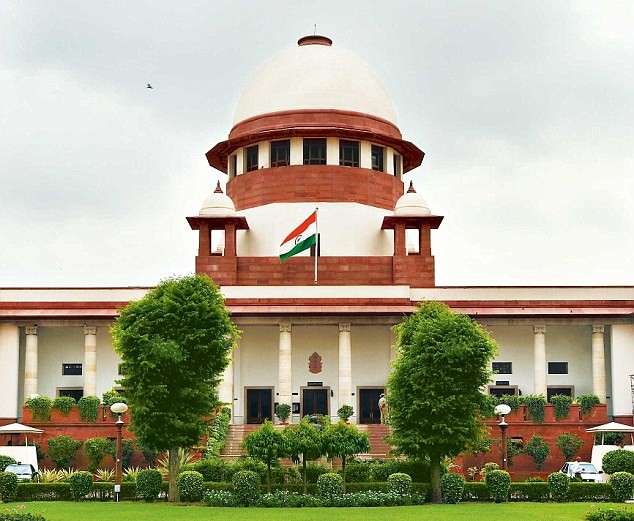The Supreme Court on Wednesday directed the Centre and the Reserve Bank of India (RBI) to produce files pertaining to the government’s 2016 decision to demonetise currency notes of Rs 1000 and Rs 500 denominations.
On Wednesday, the bench comprising Justices BR Gavai, AS Bopanna, V Ramasubramaniam and BV Nagarathana told the government’s top law officer Attorney General R Venkatramani that it wanted to examine the relevant records of RBI and Centre.
Venkatramani reasoned that much of what is contained in the records was captured in the affidavits filed by the Centre and RBI. But the bench said, It is for satisfaction.
“Heard. judgment reserved. Learned counsels of the Union of India and Reserve Bank of India are directed to produce the relevant records,” the bench ruled.
Senior advocate P Chidambaram appearing for petitioners said it was important to review the documents to assess if the RBI considered the impact of the withdrawal of such a large volume of currency which caused agony, loss, and hardship to the people of this country.
On Tuesday, the RBI reiterated that the demonetisation decision was not thoughtless, as is evident from elaborate steps to remonetise the economy afterward.
Admitting that there were temporary hardships, senior advocate Jaideep Gupta representing RBI said that temporary hardships are an integral part of nation-building also. There are a lot of consensuses that everybody is prepared for some hardship in order to achieve that objective. Some people did not agree, some hardships may not have been anticipated but we had systems to take care of the problems, he added.
On Monday, the RBI had told the court that due process as laid down in Section 26(2) of the RBI Act, 1934, was followed while making the decision. Accordingly, Gupta had submitted, the quorum as determined by RBI General Regulations, 1949, was met.
Earlier, the bench said, “The court will not go into the merits of the decision but it can always go into the manner in which the decision is taken. Because it is an economic policy, the court cannot hold its hands and sit. Merits of the decision are for the government in its wisdom; it knows what is best for the people, or ought to know.”
“At the most, what we can do is (look at) whether there is legal compliance or not,” Justice Gavai said.
The top court was hearing a batch of 58 petitions challenging the demonetisation exercise announced by the Modi government on November 8, 2016.














